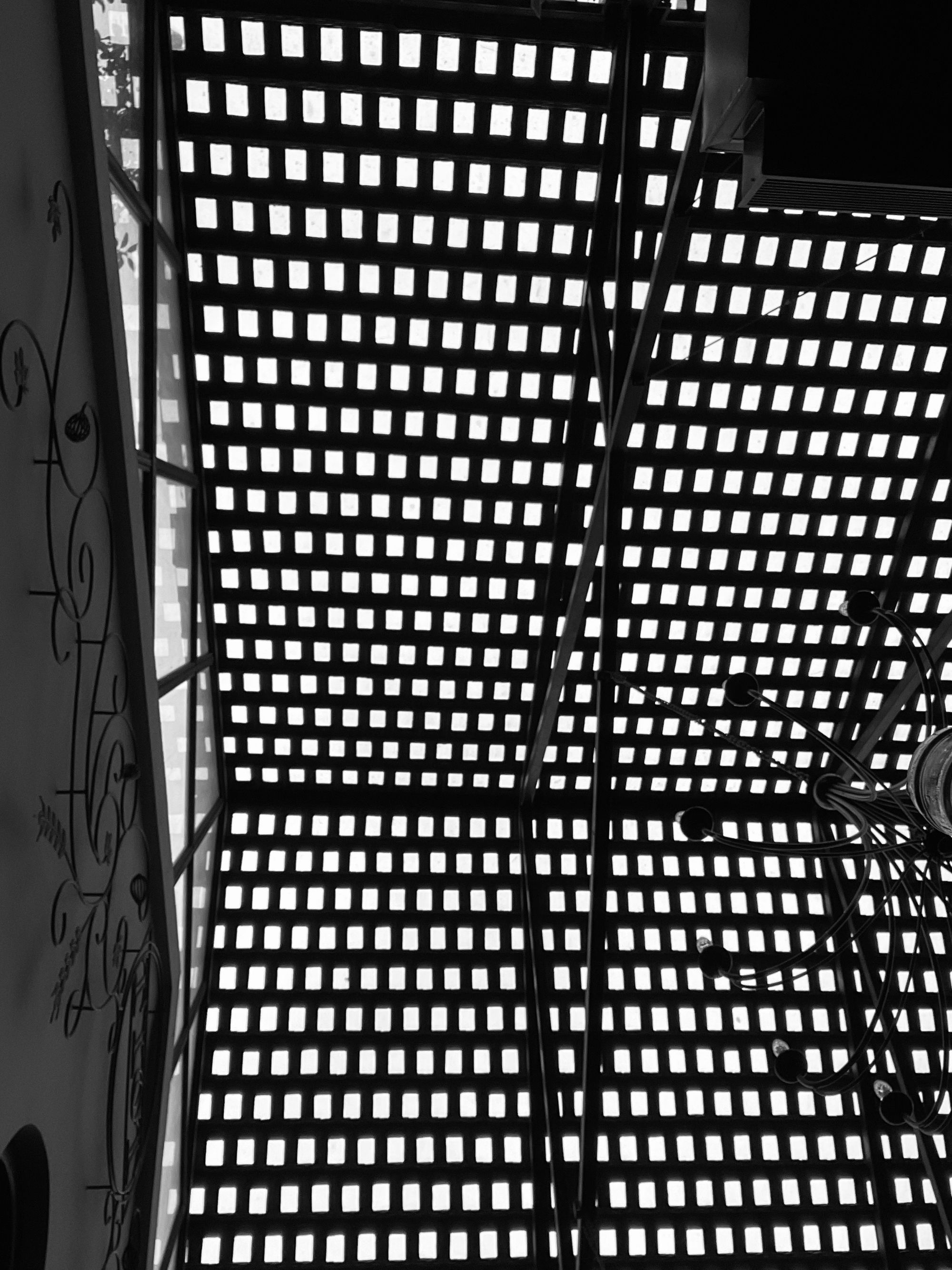Police and tracking mobile phones

Can anyone (police) track us through phone number?
Thanks to crime patrol, this is a common question I get from people everywhere. So, let’s get to it.
What is location?
In the context, location refers to a particular latitude and longitude co-ordinates that’d geographically map to a unique physical location.
How do mobile phones know their location?
GPS - Global Positioning System. It is a set of 30+ satellites around the earth, constantly sending radio signals of their locations. Like radio, the signal is in the air, and it’s up to devices to capture them and make use of it. Mobile phones and other devices with GPS ability, are programmed to receive these signals and do maths to calculate distance from each satellite. As per the design of it, there can only be one point on earth which is at a certain distance from all satellites. Now mobile phones can know your location, by constantly receiving signals. Since this isn't relying on mobile networks at all, it can also work when device is in flight mode.
But how do apps like google maps etc figure out where I’m?With your explicit permission to apps, they can ask the device to share the location co-ordinates with the application. The application developers then make use of this co-ordinates to offer their own services such as nearby restaurants, how far is it from point A to point B, etc.
Can service providers like Vodafone, Airtel, etc collect GPS location from mobile device without consent or approval?
No. And they don’t have to, in most cases. The way cell phone works, is that it is connected to a nearby tower always. Towers are signal receivers which can listen to signals from all devices, and figure out which is the nearest and best possible one to process the further signal, such as phone call.
If there are 3 cell towers in a vicinity, and all of them have certain distance of range, there’s a good chance that they’ll have a single intersection point for any given device. That gives the accuracy of device’s distance from all towers. By calculating GPS of the towers, and adding this distance, each tower can independently calculate GPS of each mobile device.
This method is called triangulation. In case of older phones, gps abilities are absent. Thus, tracking of a device is not accurate but gives an idea of neighbourhood of the mobile phone. Even with GPS devices, police can track down only in real time or recent history, of a week at most. Anything beyond that, mobile phones wouldn’t be able to provide, unless police puts it in observation.
So, police can just ask mobile phone providers to give the location of anyone?
This is where tech ends, and law begins. While technically the police and ISP (Airtel, etc) can, the legality of it is questionable in court. The police can track movements of a suspect, only if they’ve a substantial evidence to support the observation.
The softwares police use to track devices, are often protected legally by all this means, and aren’t allowed to be easily overridden by just anyone in the team.
So, if police say they can track where were you exactly a month ago, that’s likely not true. But sure, they can tell which neighbourhood are you in, if the mobile service providers keep the data for long enough.
If the phone is switched off, no tracking is possible.

